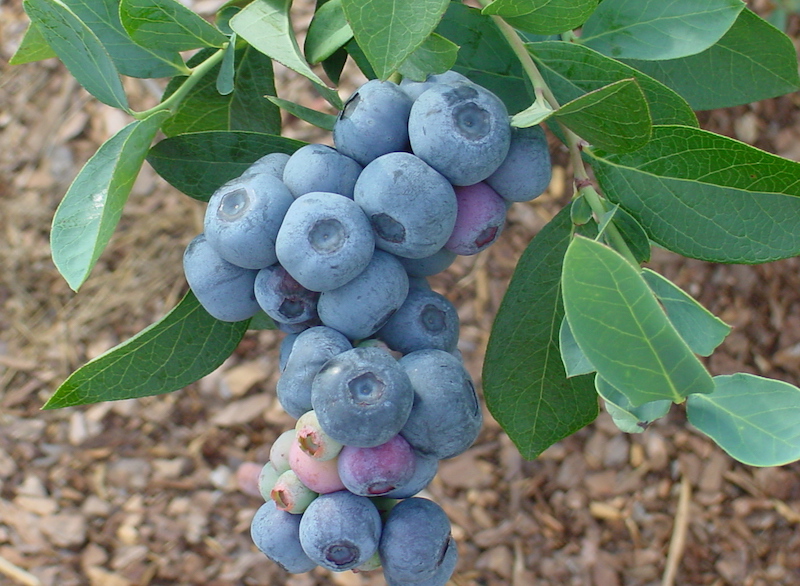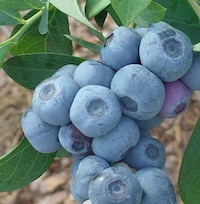Summer means bountiful baskets of blue and red berries in fields and home gardens. Blueberries and strawberries are synonymous with backyard barbecues, vacations and pick-your-own adventures. More importantly, their high level of cancer-fighting antioxidants makes them exceptionally healthy.
Antioxidants counteract the damage caused by free radicals, or molecules created by harmful environmental effects like smoking, sunlight and chemicals that damage healthy tissue cells. Antioxidants come in many different forms, like vitamins and phytochemicals, and are often found in fruits, vegetables and whole-grain products.
Phytochemicals, or substances found in plant foods, and a number of vitamins, such as vitamin C, act as antioxidants in the body. Consuming antioxidant-rich foods decreases free-radical damage and lowers your risk of developing certain types of cancers and heart disease.
There are hundreds of different phytochemicals. Different-colored fruits and vegetables contain different phytochemicals, the pigments that give flowers and foods their unique colors. By eating different-colored fruits and vegetables, you include a wide variety of healthy phytochemicals in your diet. They don’t contribute calories to your diet, but act as antioxidants in the body.
Phytochemicals make strawberries red and blueberries blue. Anthocyanins are found in purple, deep blue and reddish-purple foods, such as blueberries, blackberries, cherries, red grapes, cranberries, bilberries and strawberries.
Some vitamins are also antioxidants. Beta carotene (a form of vitamin A) and vitamins C and E act as antioxidants in the body. Strawberries have more vitamin C than most citrus fruits. Blueberries are also a great source of vitamin C and fiber.
Originally called “star berries,” the bottom of the blueberry forms a perfect, five-pointed star. Harvest season for blueberries in Georgia runs from mid-April through July, and strawberry season is March through July. July is also National Blueberry Month. Blueberries are one of the few fruits native to North America, and Georgia ranks second in the nation in blueberry production.
Whether you consume them in a parfait, smoothie or straight from the farm, enjoy blueberries and know that you are eating fresh, local, in-season fruit that improves your health.
For more information from the University of Georgia Cooperative Extension on nutrition, health and food safety, visit www.extension.uga.edu/publications.








